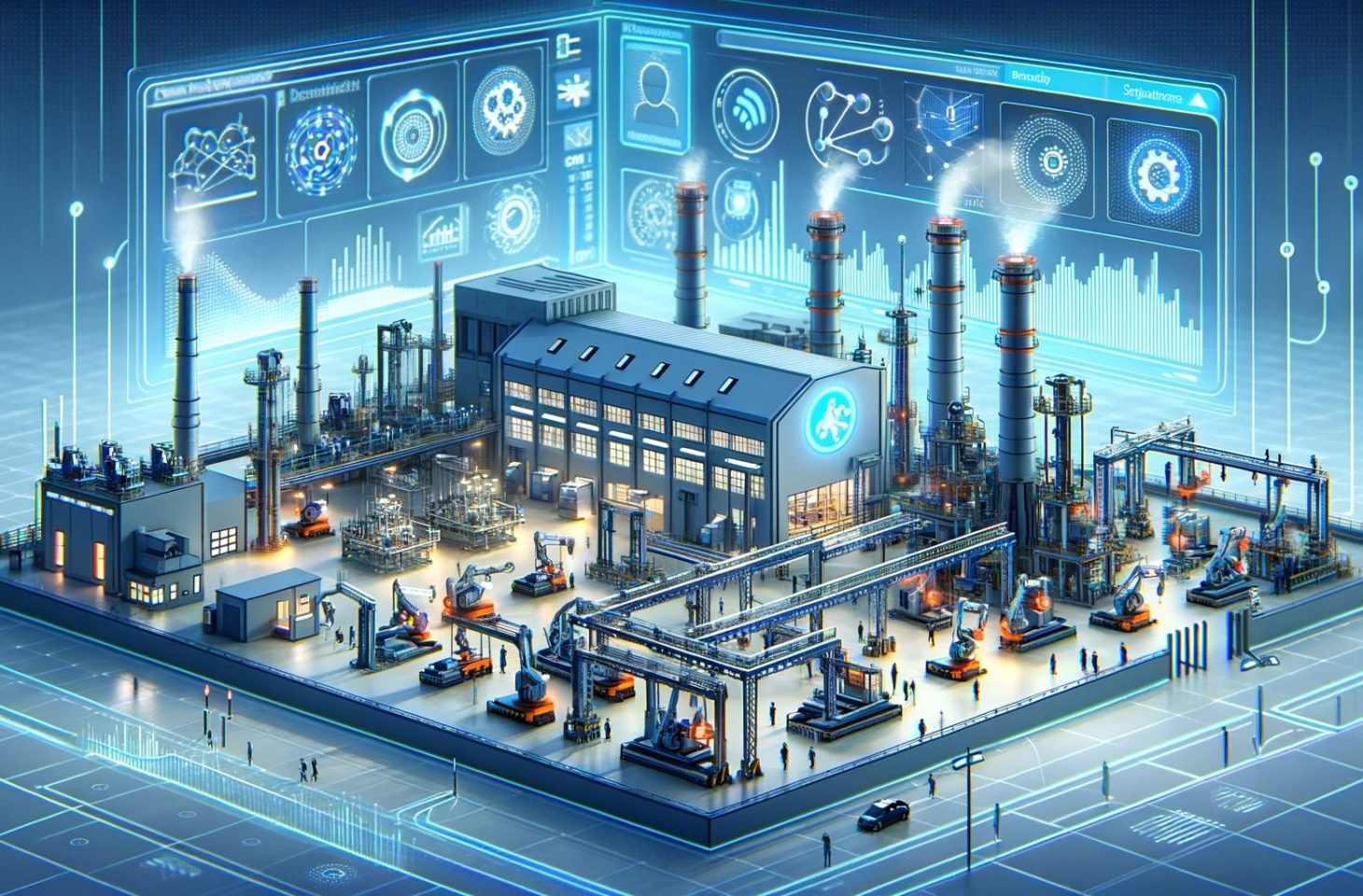In collaboration with Intel and Red Hat, Schneider Electric has launched a new Distributed Control Node (DCN) software framework aimed at improving open automation and driving industrial innovation through interoperability and portability.
Schneider Electric, in collaboration with Intel and Red Hat, has introduced a new software framework: Distributed Control Node (DCN). This framework is intended to simplify and modernize industrial automation. It is part of the extension of the EcoStruxure Automation Expert system and offers a software-defined plug-and-produce solution. This allows industrial companies to organize their activities more efficiently, ensure quality and reduce costs and complexity.
OPAF
The introduction of the DCN framework is in line with its goals Open the Process Automation Forum (OPAF), which works to promote interoperability and portability in the industry. The project, the result of two years of collaborative efforts, aims to create future-proof, efficient distributed operating systems.
The new framework leverages Red Hat Device Edge on the new DCN software as well as Red Hat Ansible Automation Platform and Red Hat OpenShift. These are used at the compute layer for DCN deployments in combination with a control infrastructure from Schneider Electric and an Intel reference architecture. The DCN framework consists of two main components: an Advanced Computing Platform (ACP), which provides the control workload, and the DCN itself, equipped with energy-efficient industrial systems with Intel Atom x6400E series processors.
Big step
This collaboration between Schneider Electric, Intel and Red Hat represents a step forward in the transition to flexible, software-defined industrial control and automation systems. The initiative aims to improve the industry’s automation and interoperability capabilities by leveraging a consistent platform approach that AI, edge computing and more.














